Description
Bak Choy / 小白菜
Size : 300G / 1KG
Bak choi is also known as non-heading cabbage, green cabbage, and rapeseed.
It is native to my country, distributed throughout the north and south, and is widely cultivated in my country. Brassica of the cruciferous family.
Bakchoi is a cultivated plant of the mustard genus with edible stems and leaves. It is a one- or two-year-old herbaceous plant and is often cultivated annually.
The plant is relatively short, with shallow root system and well-developed fibrous roots. The color of the leaves is light green to dark green, the leaves are obovate or elliptic, the leaves are smooth or shrunken, and a few have fluff.
The petiole is thick, white or green. No ball. Flowers yellow seeds nearly round. According to measurements, pakchoi is the most abundant vegetable in minerals and vitamins.
Nutritional value(100g per serving)
- Calories 15
- carbohydrate 2.7 g
- protein 1.5 g
- Dietary fiber 1.1 g
It also contains:
- vitamin B1
- vitamin B2
- vitamin C
Edible effect
- Provide nourishment and maintain good health: Chinese cabbage contains high calcium content and is an ideal vegetable to prevent and treat vitamin D deficiency (rickets). In children, calcium deficiency, soft bones, and baldness can help strengthen the body’s immunity.
- Maintain blood vessel elasticity: reduce the formation of atherosclerosis, thereby maintaining blood vessel elasticity.
- Moisturize the skin and delay aging: it can promote skin cell metabolism, prevent skin roughness and pigmentation, make skin bright and clean, and delay aging.
- Anti-cancer and anti-cancer: The vitamin C contained in pakchoi forms a “hyaluronic acid inhibitor” in the body. This substance has anti-cancer effects and can make cancer cells lose their vitality.
- Clear lung heat, cough, body heat, thirst, chest tightness, upset, abdominal distension and other diseases.
#Pak Choy #Pak Chai #sawi japan jepun #siew #siu

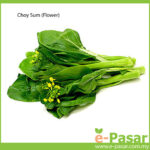
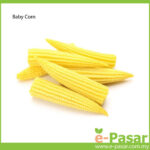
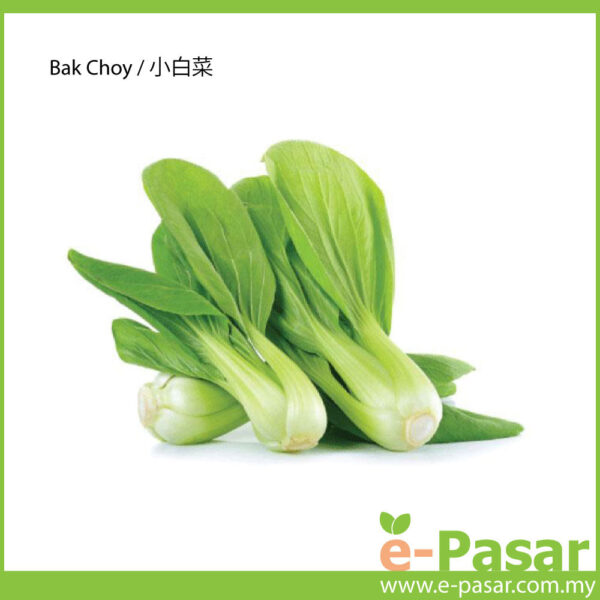

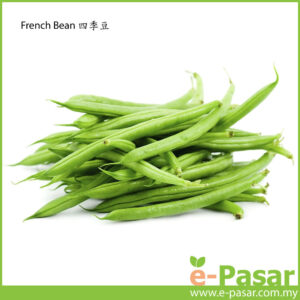
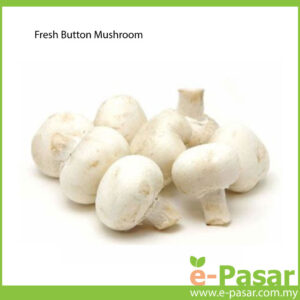
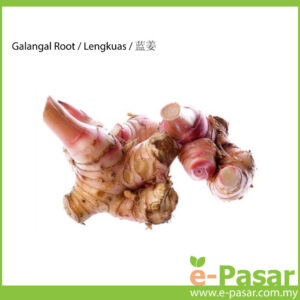
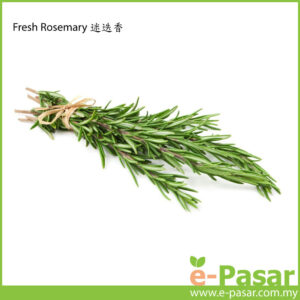
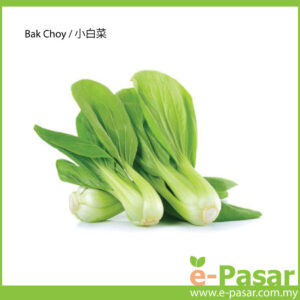
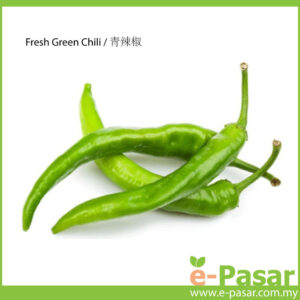


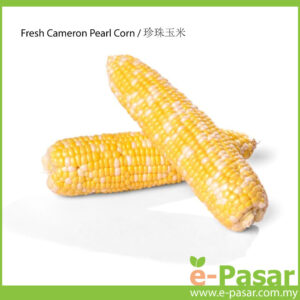
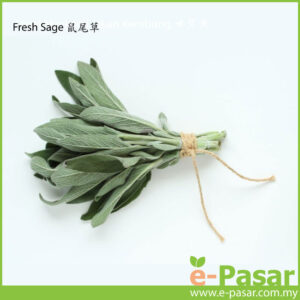

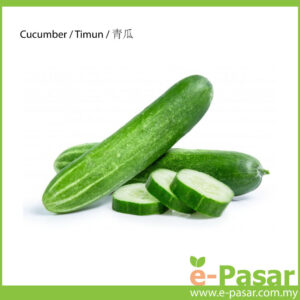
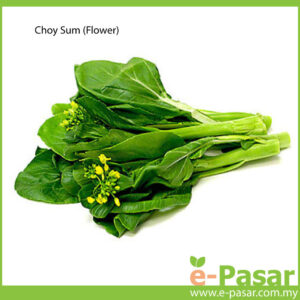
Reviews
There are no reviews yet.